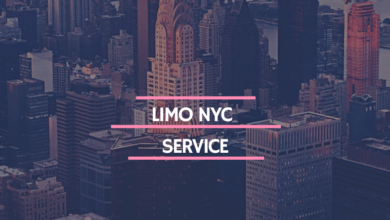What is artificial intelligence (AI) in healthcare and its examples?
The rise of artificial intelligence in healthcare has been groundbreaking and converts the shape of healthcare system. With the use of artificial intelligence and other AI-enabled tools to assist and ideally improve the diagnosis, patient experience, treatment, and outcomes. This technology is drastically improving healthcare research via producing accurate results and efficiently diagnosing the issue. AI in healthcare’s ability to analyze a wide amount of clinical documentation rapidly helps medical professionals to recognize the disease signs and trends that would otherwise be overlooked. Health organizations have collected vast data sets in the form of health records like images, clinical trial data, population data, and claims data. AI technologies are well-matched to analyze this data and find the patterns and insights humans could not find independently.
Examples of AI in healthcare
NPL: Natural processing language enables the algorithm to process meaningful data. Experts train AI algorithms to detect and categorize specific data patterns that reflect how language is actually used in the healthcare industry. NLP helps the decision-makers to find the accurate information they need to make business decisions quickly.
Data managers and clinical operations
Data managers and clinical operations performing clinical trials can use AI functionality to advance searches and validation of medical coding. This process can help to reduce the cycle time to start, manage and amend clinical studies.
Machine learning (ML)
Machine learning is one of the simplest examples of artificial intelligence and the medical industry working together. Machine learning has changed the healthcare system through artificial intelligence being used in healthcare diagnosis and treatment. Machine learning algorithms can rapidly process a large amount of clinical data, identify patterns and make predictions about medical results with high accuracy than ever before. The majority of AI technology in the healthcare industry uses machine learning and accurate medicine applications require medical images and clinical documentation for training, for which the last result is known.
Expert System (rule-based)
In the 1980s, the most extensively used AI technology in healthcare was based on an expert system that varied from ‘if-then’ rules. Clinical decision support using artificial intelligence is still commonly used in the healthcare industry. Expert system frequently involve the development of a comprehensive set of rules in a certain knowledge area by engineers and human experts. They are simple to understand and they work well up to a point. But if the number of rules increases unnecessarily, typically above several thousand, the rule may start to clash and break up. Machine learning is gradually replacing rule-based expert systems in the healthcare industry with functions-based data interpretation utilizing specialized medical algorithms.
The different challenges of adopting AI in healthcare
There are different challenges to adopting AI like having to meet regulatory requirements and trust problems with machine learning results. Even with these issues, bringing AI and machine learning into the healthcare industry has brought a lot of benefits to healthcare organizations. AI improves operations by smoothing workflow and helping with normal tasks. Artificial intelligence also helps users quickly find answers to their pressing questions, leading to better experiences for patients, citizens, members, and consumers.




